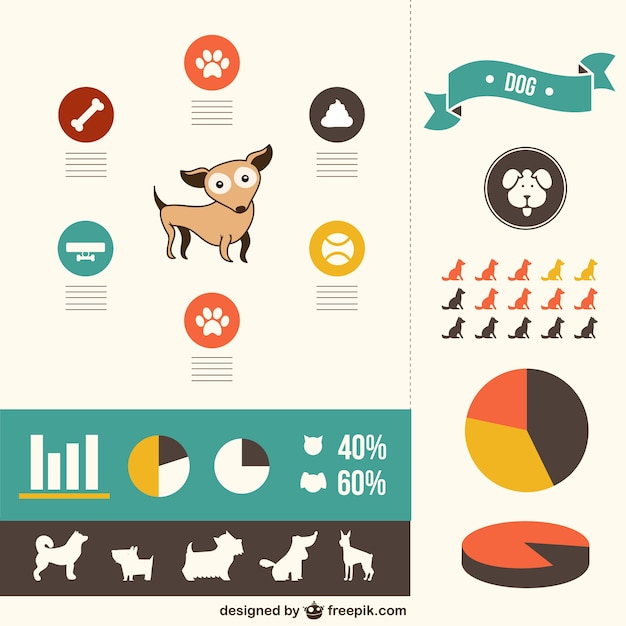Benefits Of Daycare For Solo Dogs
Benefits Of Daycare For Solo Dogs
Blog Article
Can Pet Dog Childcare Reason Disease?
Dogs in childcare get lots of workout, socializing with other dogs and unique experiences. This can be specifically practical for young puppies and dogs with behavior problems.
There are several legal considerations you need to think about when beginning a doggy daycare company. These include the framework of your company and compliance with federal government laws.
1. Pooch Distemper
Canine distemper is spread out through direct contact with the bodily fluids and waste of an infected pet dog, however it can likewise be sent using common water and food bowls or through airborne droplets. This highly infectious health problem is most hazardous for young puppies, yet it can influence pet dogs of any type of age and is deadly for the majority of if left unattended.
Initial signs and symptoms of canine distemper usually resemble an acute rhinitis, consisting of dripping eyes and nose with watery or pus-like discharge. As the condition proceeds, a dog will develop fever, coughing, reduced appetite, vomiting and diarrhea. The virus can also attack the nervous system, leading to seizures, twitching and partial or complete paralysis.
Respectable day cares minimize direct exposure to infection by needing inoculations, routine health examinations and comply with stringent health methods. If your dog appears extremely worn out or hopping, a day off may assist him recuperate, however you ought to prevent taking him back to daycare until these symptoms clear up.
2. Kennel Coughing
Kennel coughing, additionally referred to as contagious canine tracheobronchitis or Bordetella, is an extremely contagious viral or bacterial disease that influences the respiratory system system. It's frequently transferred with the exchange of saliva or air droplets that a sick pet breathes out. Social pet dogs are at higher risk for infection as a result of their constant communication with one another, such as when they play, share food or water, sniff one another or merely fulfill in a congested atmosphere like a dog park or daycare.
One of the most typical symptom of kennel coughing is a relentless and powerful cough that sounds like something embeded the throat or retching. Usually, pet dogs will cough up foamy white phlegm. If left unattended, a pet dog can establish pneumonia and be at significant danger permanently.
A reputable childcare center must have stringent cleaning and hygiene methods, sterilize all toys, food and water bowls regularly, and be open concerning their vaccination policies. Keeping your canine up to date on their inoculations, particularly for bordetella and canine influenza, will substantially minimize their possibilities of contracting the ailment.
3. Parvovirus
Canine parvovirus, or parvo, is an extremely contagious viral ailment that can be dangerous for young puppies and young adult pets with bad immune systems. It's most generally spread by direct contact with infected canine feces-- which can happen when pet dogs sniff, lick, or preference infected feces-- and indirectly from contaminated individuals, objects, or settings (like kennels, grooming areas and lawns). Young puppies and canines without full inoculation histories are specifically vulnerable to parvo.
The infection is incredibly resilient, enduring in the environment for approximately 9 years, and can easily be moved between pet dogs by contact with feces or on footwear, garments, and bedding polluted with parvovirus. If not dealt with immediately with IV liquids, electrolyte balance, throwing up control medications and prescription antibiotics to prevent secondary microbial infections, a dog will quickly dehydrate and establish extreme diarrhea, which brings about shock and sepsis. Parvo is difficult to treat as soon as a canine has actually ended up being ill, yet with suitable vet care, lots of puppies do survive this ailment.
4. Dog Flu
Canine influenza infection is highly transmittable and spreads through direct call, sharing food and water bowls, licking or nuzzling other pets, through air-borne beads, and through infected surfaces. Inoculation works in decreasing the danger of infection and outbreaks.
A lot of affected pets develop a light respiratory infection with a cough that lasts 1-3 weeks. They might also have nasal and ocular discharge, sneezing, and sleepiness. Some of the most significant cases cause pneumonia and a high fever.
If your dog displays any one of these signs and symptoms, do not bring them back to daycare up until they are healthy and balanced. If your dog is revealing indicators of extreme tiredness or hopping, talk to your vet as soon as possible and make sure they are on healthiness supplements to help develop their resistance. A vet will assess your pet dog for symptoms of the flu by taking a sample boarding dogs near me from the nose or throat, and blood tests can be done to verify.